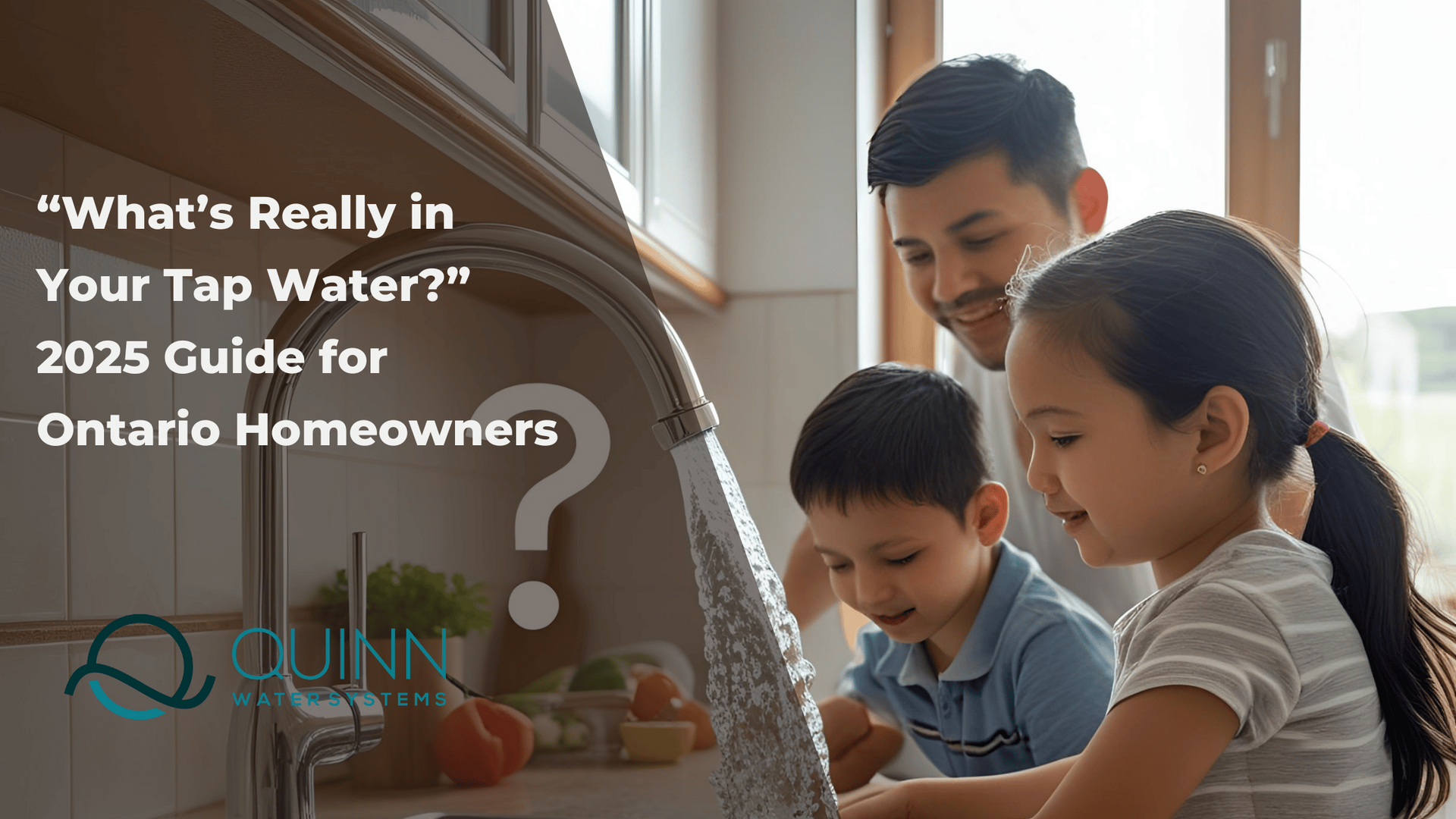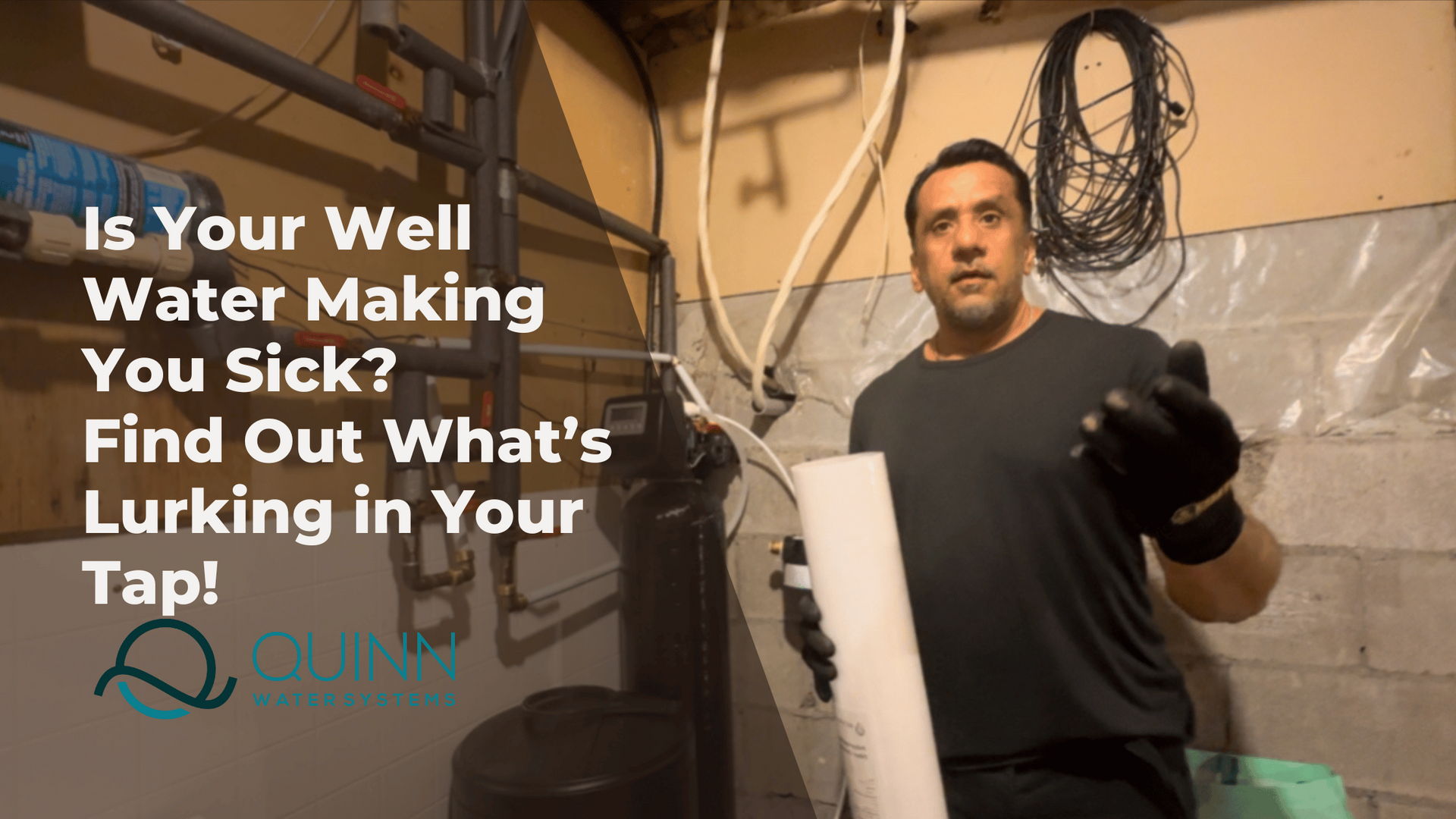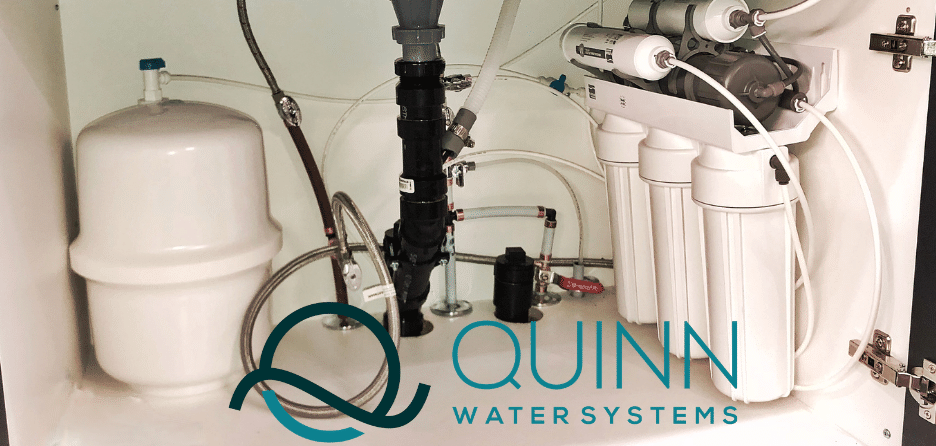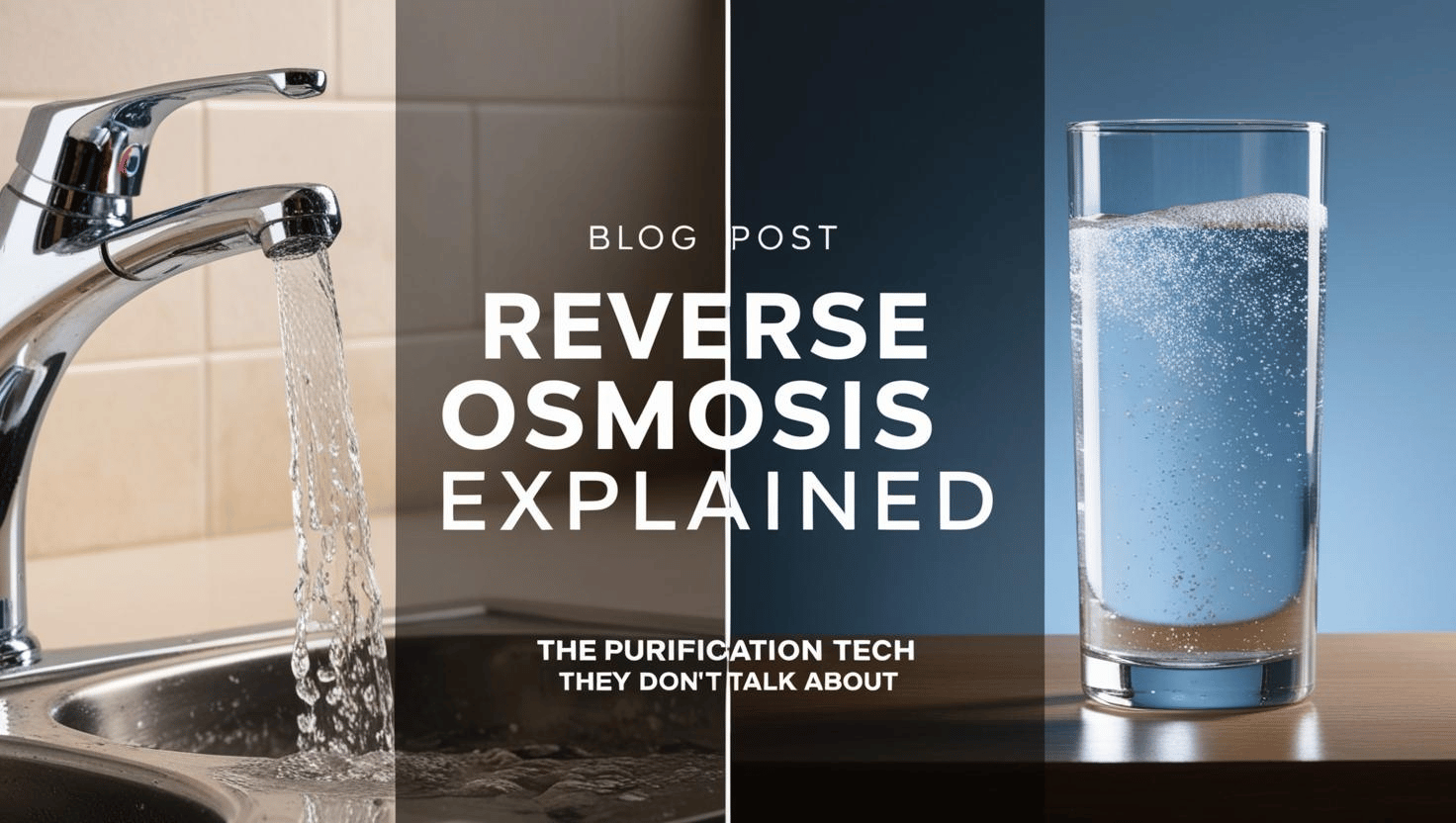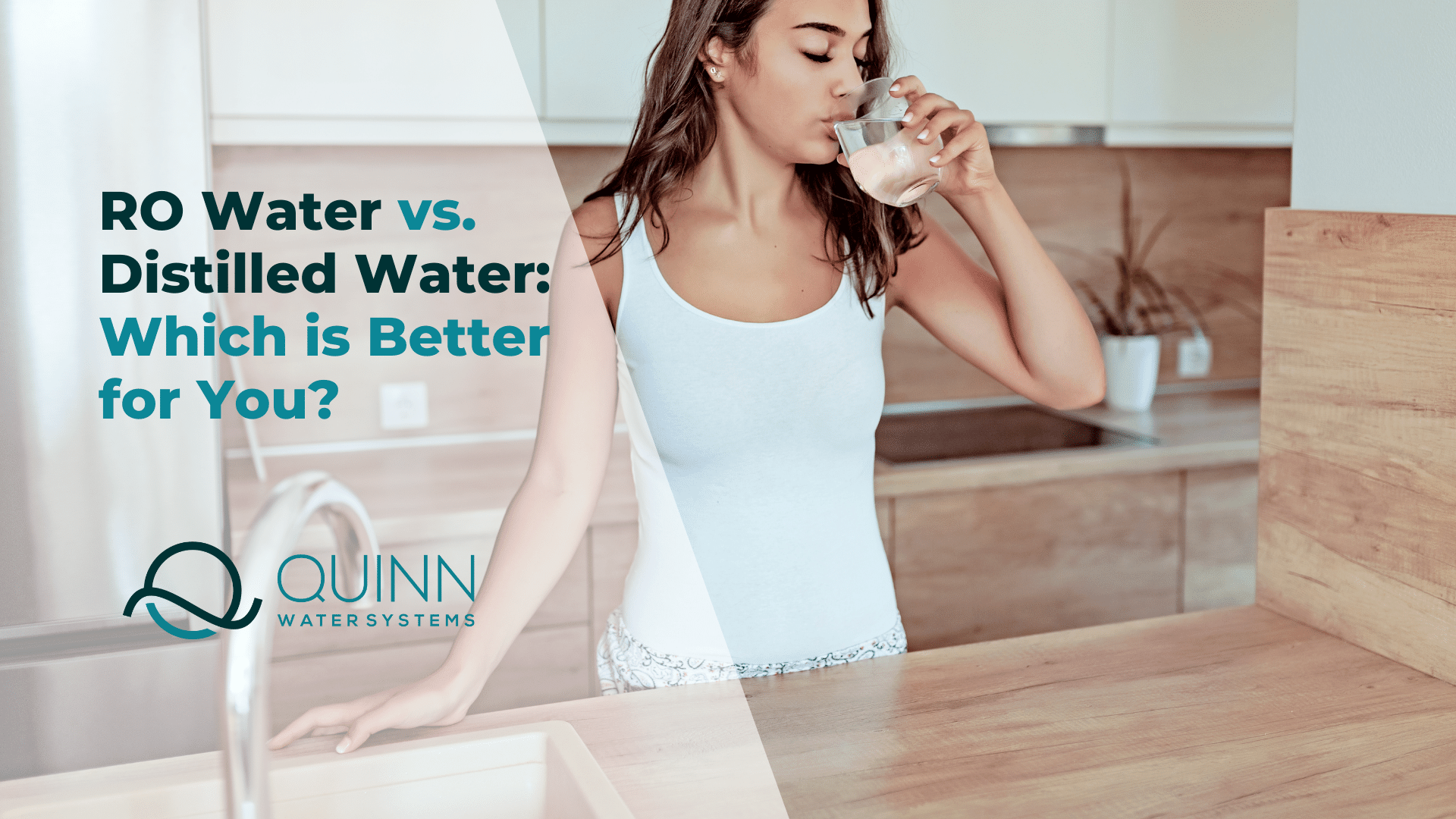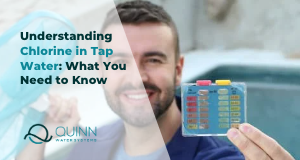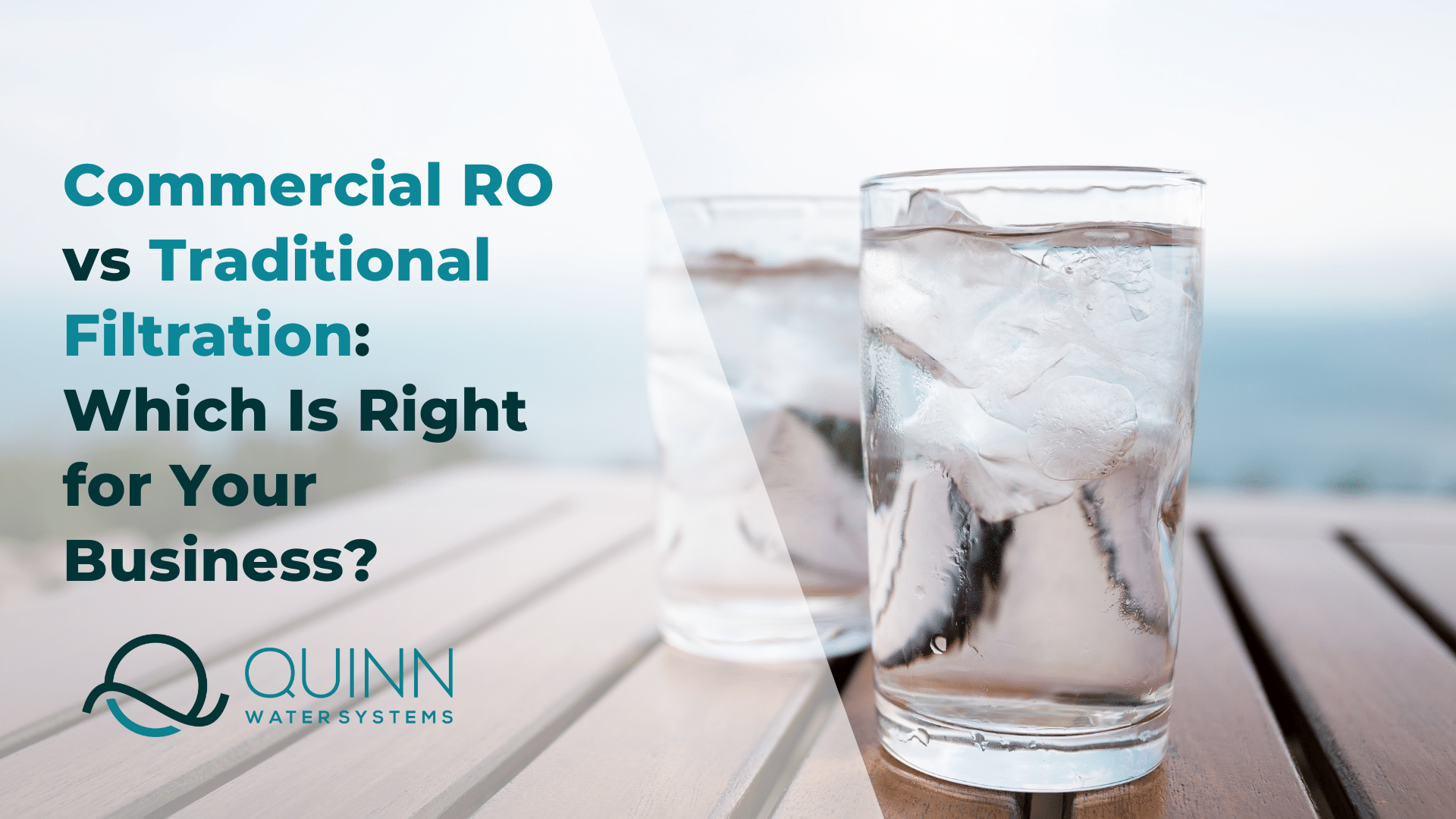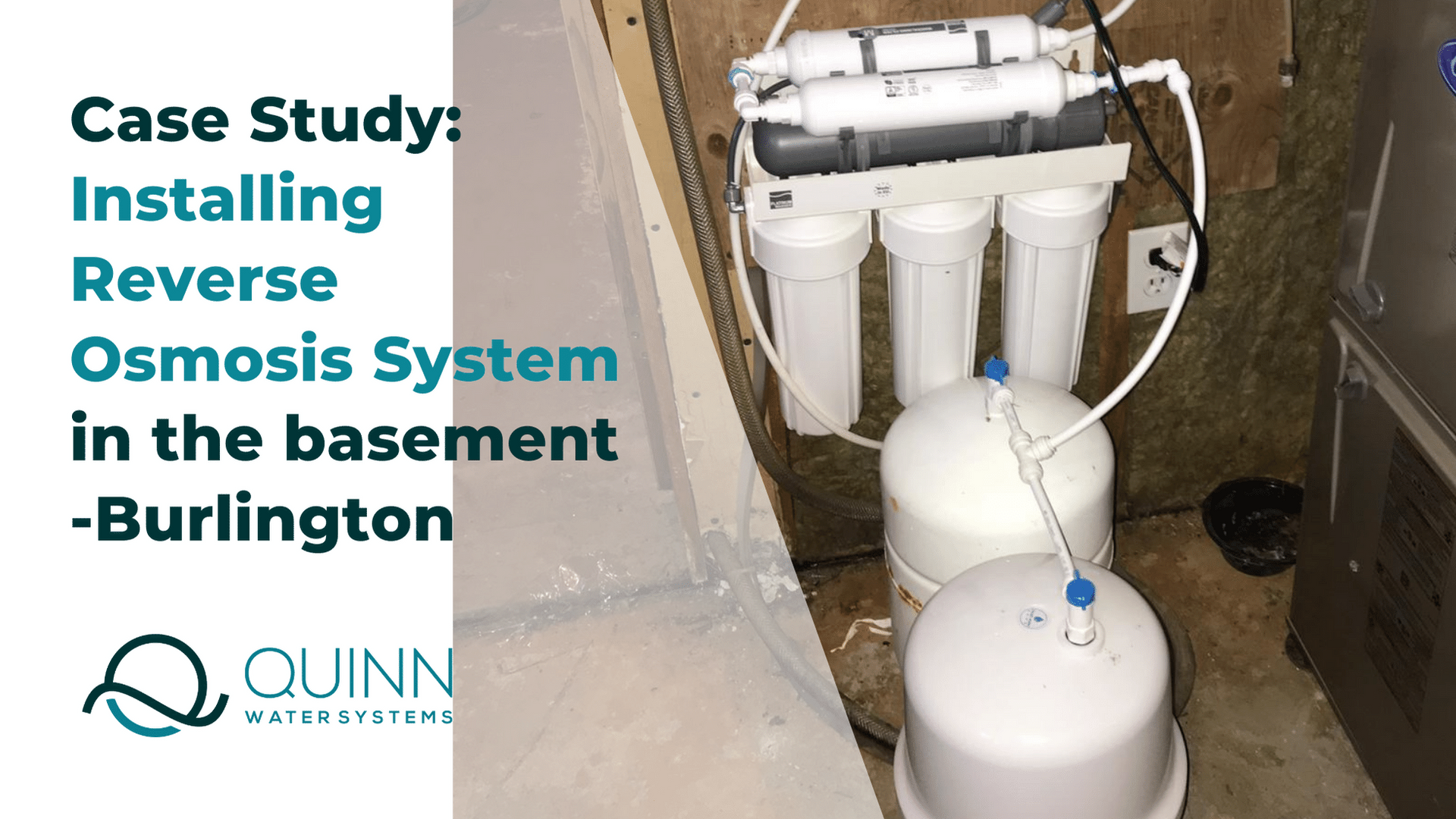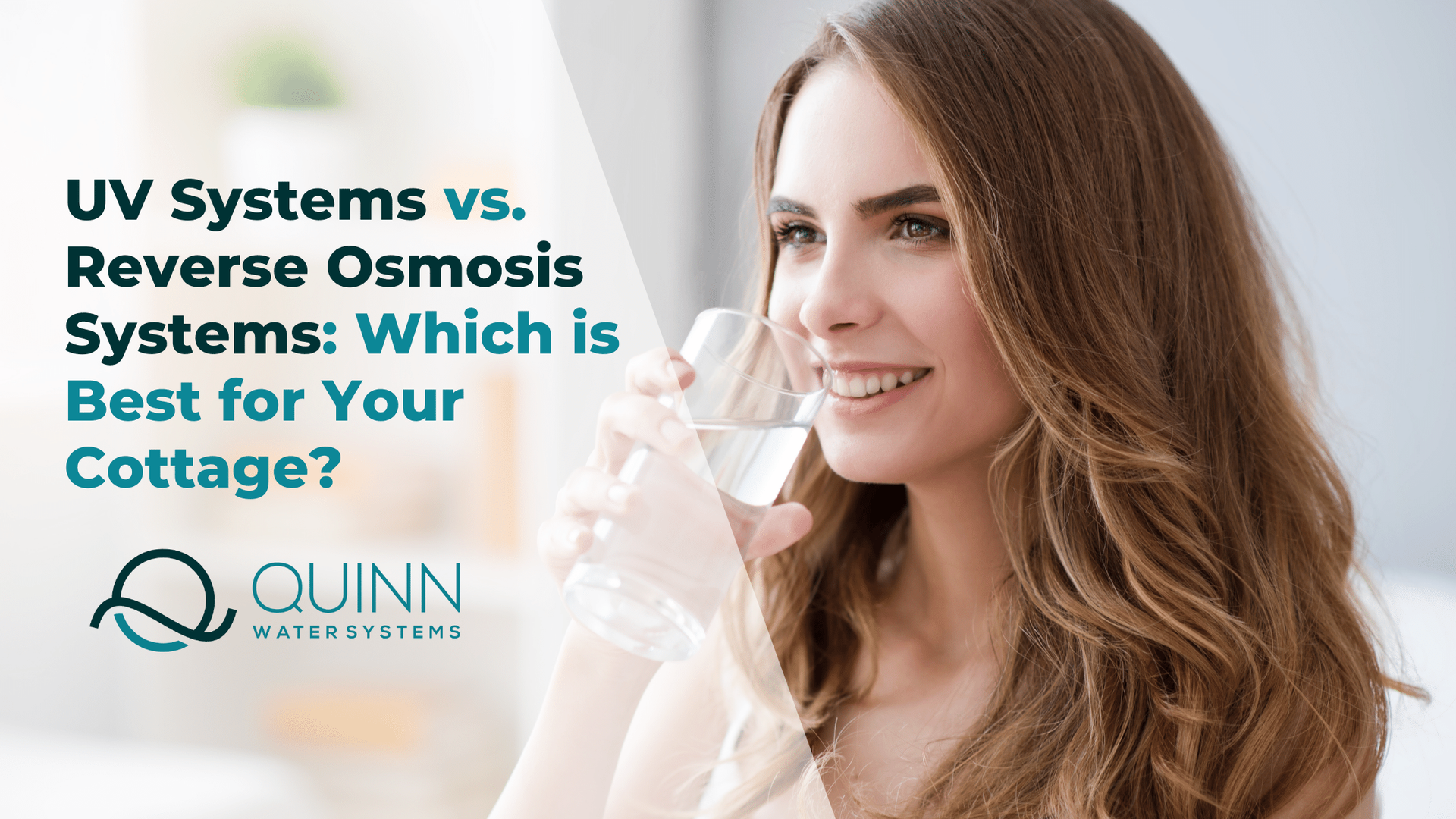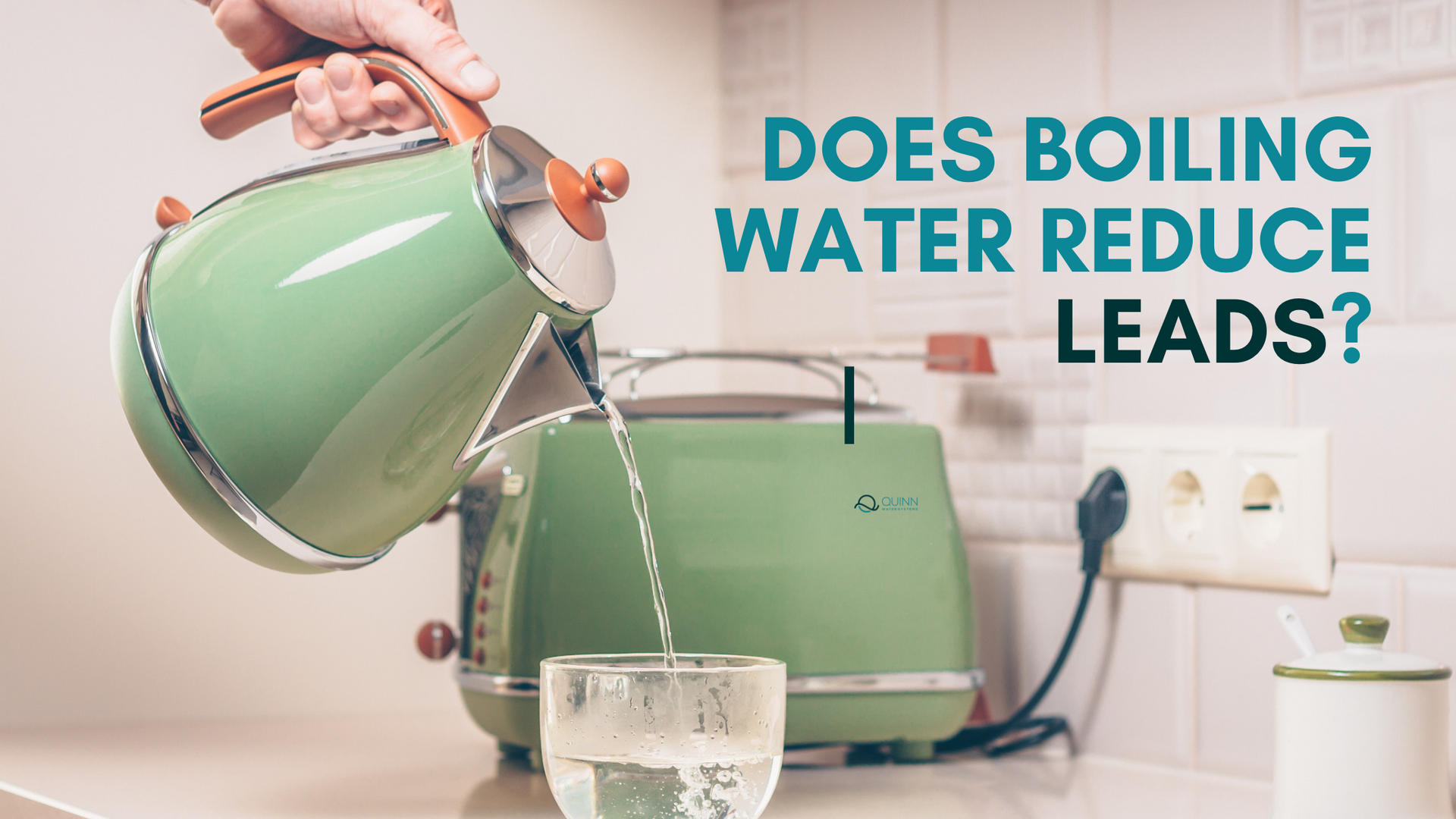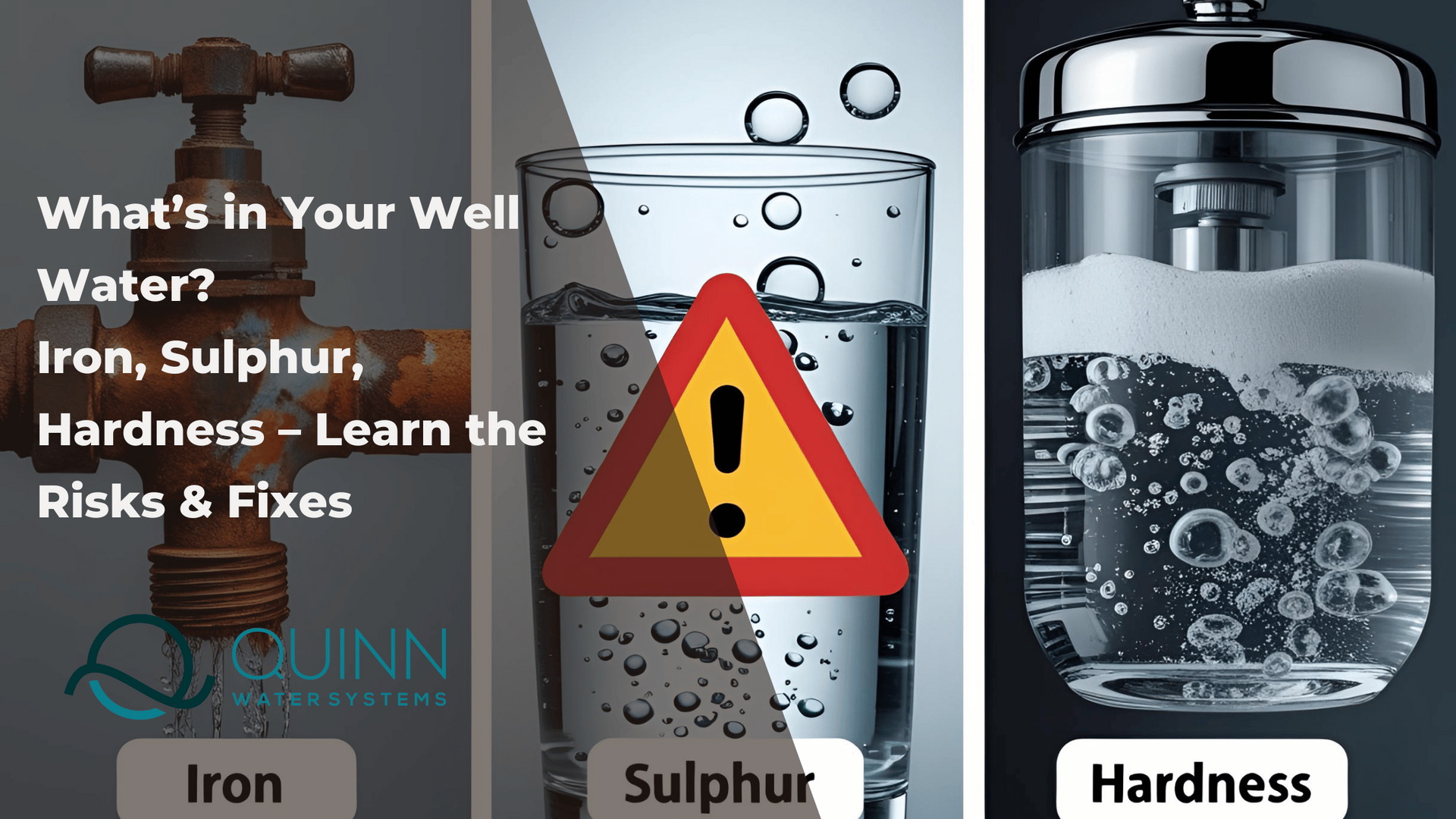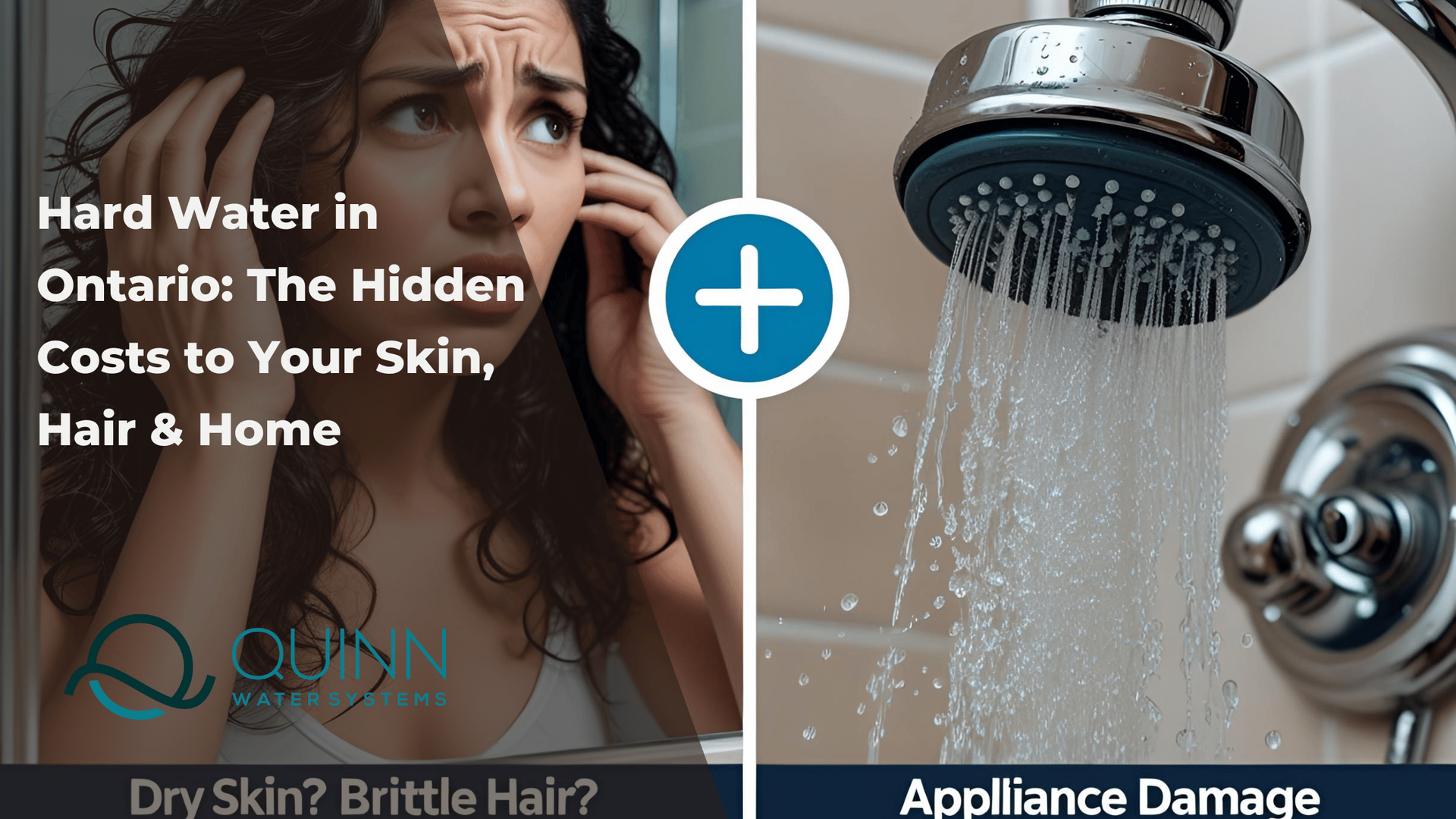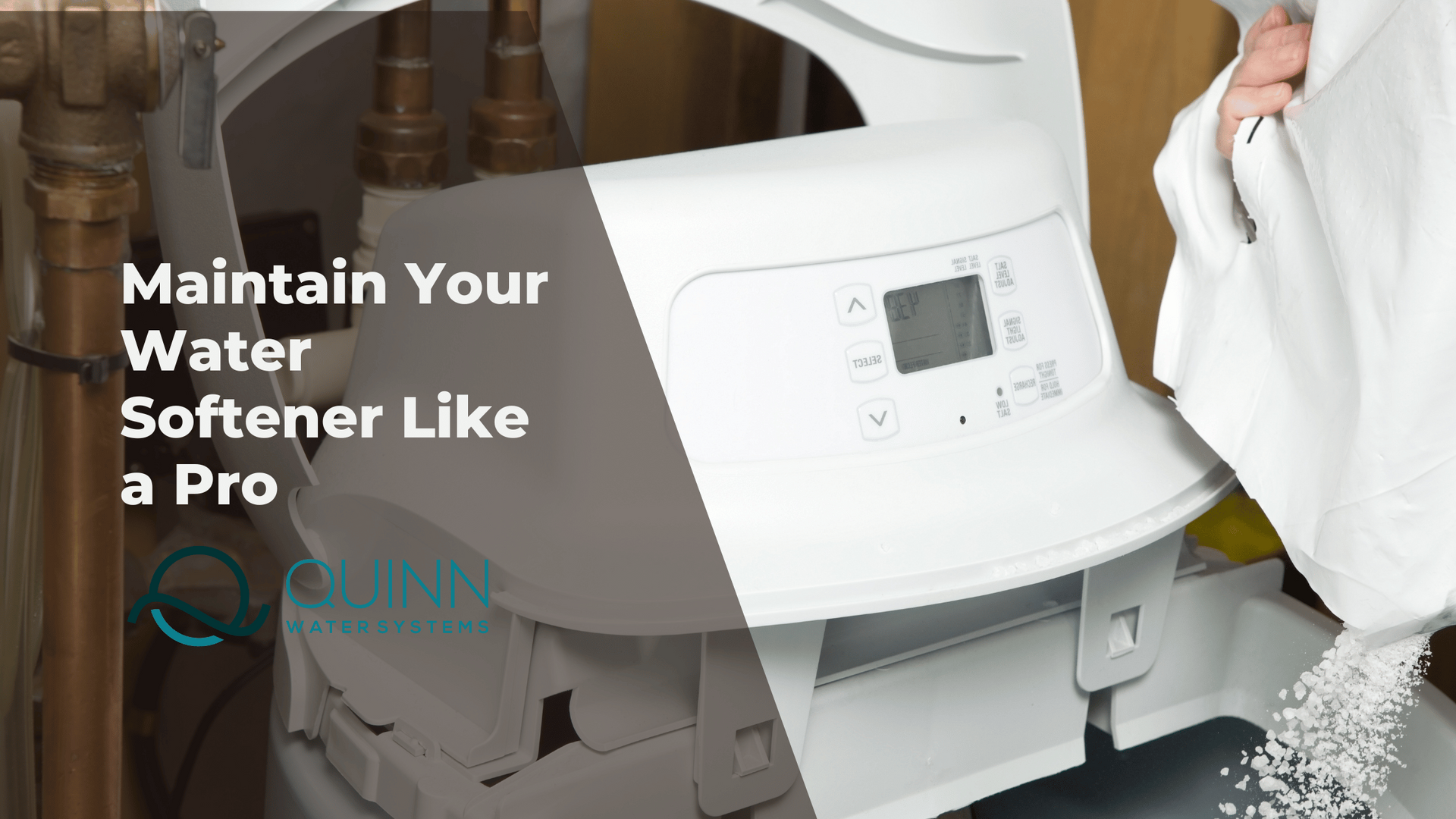7 Common Misconceptions About Reverse Osmosis, Debunked
If you're considering a water filtration system for your home, you've probably heard of Reverse Osmosis. It's a popular choice for many homeowners looking to improve the quality of their drinking water. Elimelech, who founded Yale’s environmental engineering program, who develop filtration systems that turn seawater or wastewater into clean drinking water consider Reverse Osmosis is a rock star among filter technologies. (Source: Everyone was wrong about Reverse Osmosis until now. ) However, there are several misconceptions about reverse osmosis that might make you hesitant to give it a try. But don't worry, we're here to clear up the confusion! At Quinn Water Systems, we want to help you make an informed decision about your water filtration needs. So, let's debunk 7 common myths about reverse osmosis (RO) and find out if it might be the right choice for you.
Misconception 1: RO Removes All Healthy Minerals
One common misconception about reverse osmosis (RO) is that it removes all healthy minerals from water, leaving it devoid of essential nutrients. However, this is not entirely accurate. While RO systems do remove some minerals from water, the extent of mineral removal depends on various factors, including the specific RO system and its configuration. Moreover, they also remove harmful chemicals and contaminants like fluoride and chloride, which the Water Quality Association includes in its list of common water-borne contaminants. If these contaminants are consumed consistently over a long period of time, they can lead to chronic health issues like kidney problems, liver problems, and reproductive difficulties.
Does The World Health Organization (WHO) not consider RO water to be unsafe for drinking?
The WHO has issued guidelines for the management of drinking water quality, which include recommendations for the treatment and monitoring of drinking water. According to the WHO, RO systems can be an effective means of producing safe drinking water, as long as they are properly designed, installed, and maintained.
It's worth noting that the RO process does remove some minerals from water, but the amount is usually not considered to be significant. The WHO has stated that "the beneficial effects of consuming minerals from drinking-water are small compared to those obtained from a varied diet." While water can be a source of minerals, it is not the primary source for meeting our mineral requirements. A well-balanced diet that includes a variety of fruits, vegetables, whole grains, and other nutrient-rich foods is the primary source of essential minerals.
Furthermore, it's important to consider that the mineral content in water can vary greatly depending on the source. In many cases, the mineral content in tap water is relatively low, and the contribution of minerals to our overall nutrient intake is minimal. Therefore, relying on water as the primary source of minerals is not necessary or recommended.
Misconception 2: RO Wastes a Lot of Water
While it is true that reverse osmosis systems do produce some wastewater, it is important to recognize the advancements in technology that have significantly improved their water efficiency. Modern RO systems are designed to minimize water waste through various features and options for utilizing the concentrate. Many modern RO systems incorporate innovative features such as permeate pumps and water-saving valves to reduce water waste. These enhancements allow for a higher ratio of purified water to wastewater.Considering the environmental benefits and cost-saving potential, the small amount of water consumed during the reverse osmosis process is outweighed by the advantages of having clean, purified water readily available in your home.
Misconception 3: RO Alters the pH of Water Significantly
Another common misconception about reverse osmosis is that it drastically changes the pH of water. However, the reality is that the pH level of water is influenced by various factors and is not solely determined by the reverse osmosis process.
Natural variation in pH:
Water from different sources can naturally have varying pH levels. Factors such as the geology of the area, dissolved minerals, and the presence of carbon dioxide can impact the pH of water. Therefore, it's important to note that the initial pH of the water being treated by reverse osmosis can vary.
pH neutrality:
Reverse osmosis is designed to remove impurities and contaminants, including substances that may affect the taste or odour of water. As a result, the treated water from an RO system typically has a neutral pH, meaning it is close to a pH of 7, which is considered to be safe and healthy to drink according to EPA.
pH adjustment options:
If desired, it is possible to adjust the pH of the treated water from an RO system. Some RO systems include additional filters or remineralization stages that can help restore minerals and adjust the pH if necessary. Additionally, pH adjustment can be done externally through post-treatment methods such as adding minerals or using alkaline water filter, which is offered by
Quinn Water Systems.
Misconception 4: RO Systems Are Difficult to Maintain
One common misconception about reverse osmosis systems is that they are complex and require extensive maintenance. However, with proper installation and routine upkeep, maintaining an RO system is not as challenging as it may seem.
Read More: How Often Should You Change RO Filters?
Routine filter replacement:
One of the key maintenance tasks for an RO system is replacing the filters at regular intervals. Most systems have multiple filters, including a sediment filter, carbon filter, and the RO membrane itself. The frequency of filter replacement can vary depending on water quality and usage, but typically, filters need to be replaced every 6-12 months. Following the manufacturer's guidelines and scheduling routine filter changes is crucial for optimal system performance.
Simple maintenance procedures:
Besides filter replacement, the day-to-day maintenance of an RO system is relatively straightforward. It involves regularly cleaning and sanitizing the system components to prevent the buildup of contaminants and ensure efficient operation. This typically includes tasks such as rinsing the storage tank, sanitizing the system, and checking for any leaks or damage.
Professional assistance:
While routine maintenance can be done by homeowners, it is advisable to seek professional assistance for certain tasks. Professional water technicians from Quinn Water Systems team can provide expert guidance, conduct thorough system inspections, and handle any complex maintenance or repairs that may be required. They can ensure that the RO system is functioning optimally and address any issues promptly.
Manufacturer's instructions:
Following the manufacturer's instructions is crucial for maintaining an RO system. Each system may have specific requirements and recommendations for maintenance. By adhering to these guidelines, homeowners can ensure that their RO system remains in good working condition and can enjoy clean, purified water consistently.
Misconception 5: RO Water Tastes Flat
One common misconception about reverse osmosis (RO) water is that it tastes flat or lacks the refreshing taste of natural water. However, the taste of RO water can be influenced by several factors, including the quality of the source water and the specific configuration of the RO system.
Source water quality:
The taste of RO water is often determined by the quality of the source water being treated. If the source water has a strong taste or odour due to dissolved minerals, chemicals, or contaminants, the RO system effectively removes those impurities, resulting in water that may taste different from what you are accustomed to. However, this does not necessarily mean that the taste is "flat" but rather that it is clean and free from undesirable flavours. If the taste of RO water is a concern, but you still want the benefits of purified water throughout your home, a whole home filtration system can be a viable solution. These systems are installed at the point of entry of your home's water supply and provide filtration for all the water used in your household.
Alkaline RO filter:
Another option is an alkaline RO filter, which combines the benefits of reverse osmosis with an alkaline remineralization stage. This type of system not only removes impurities but also adjusts the pH level to slightly alkaline, which some people find more appealing. Alkaline water is believed to provide additional health benefits, although scientific evidence supporting these claims is limited.
Misconception 6: RO Systems Remove Beneficial Bacteria
There is a misconception that reverse osmosis systems remove all bacteria from the water, including beneficial bacteria that may be important for our health. However, the reality is that reverse osmosis primarily targets dissolved solids, contaminants, and harmful bacteria, while beneficial bacteria are not the primary focus.
Filtration of bacteria:
Reverse osmosis systems are effective at removing bacteria from the water. The semi-permeable membrane used in the process can block the passage of bacteria, viruses, and other microorganisms, providing a significant reduction in their presence. This ensures that the water is free from harmful bacteria that may cause illness or contamination.
Beneficial bacteria sources:
It is important to note that the main sources of beneficial bacteria in our bodies come from our diet, probiotics, and the natural microflora found in our digestive system. Water is not a significant source of these beneficial bacteria. Therefore, while reverse osmosis systems may reduce the presence of bacteria in water, it is unlikely to have a significant impact on the overall balance of beneficial bacteria in our bodies.
Maintenance of beneficial bacteria:
Although reverse osmosis systems can remove bacteria from water, it is essential to remember that our bodies are naturally exposed to bacteria in many other ways, such as through the foods we eat, our environment, and personal hygiene practices. Therefore, any potential reduction in bacteria from drinking water is unlikely to have a substantial effect on the overall diversity and balance of beneficial bacteria in our bodies.
Misconception 7: RO Systems Are Only for Drinking Water
There is a misconception that reverse osmosis systems are exclusively used for providing purified drinking water. However, the reality is that RO systems have various applications beyond just drinking water, making them versatile and beneficial for multiple uses throughout the household.
Cooking and food preparation:
Reverse osmosis water is ideal for cooking and food preparation purposes. Whether it's boiling pasta, steaming vegetables, or making soups and sauces, using RO-treated water can enhance the quality and taste of your dishes. It helps eliminate impurities and contaminants that might affect the flavour and appearance of your food, resulting in a better culinary experience.
Cleaning and household use:
RO water is also beneficial for various household cleaning tasks. It helps reduce the presence of minerals and impurities that can leave residues or streaks on surfaces. When used for cleaning windows, mirrors, or appliances, RO water can result in a streak-free shine. It can also help prolong the lifespan of appliances, as there is no buildup of minerals or limescale that could potentially affect their performance.
In addition to point-of-use systems, whole-house filter systems incorporating reverse osmosis can be installed to provide purified water throughout the entire house. These systems ensure that all water sources, including showers, faucets, and appliances, receive the benefits of RO-treated water, providing a comprehensive solution for the entire household.

Get Purified Water at Your Home
If you are interested in incorporating Reverse osmosis and enjoying the benefits of purified water for various applications in your home, consider reaching out to the Quinn Water Systems team in Ontario. We specialize in water treatment solutions and can provide expert guidance on selecting the right reverse osmosis system or
whole-house filtration system for your specific needs. With our knowledge and expertise, you can ensure that you have access to clean, purified water throughout your household, enhancing not only your drinking water but also your cooking, cleaning, and overall lifestyle.
Contact the Quinn Water Systems team today
Blog Posts
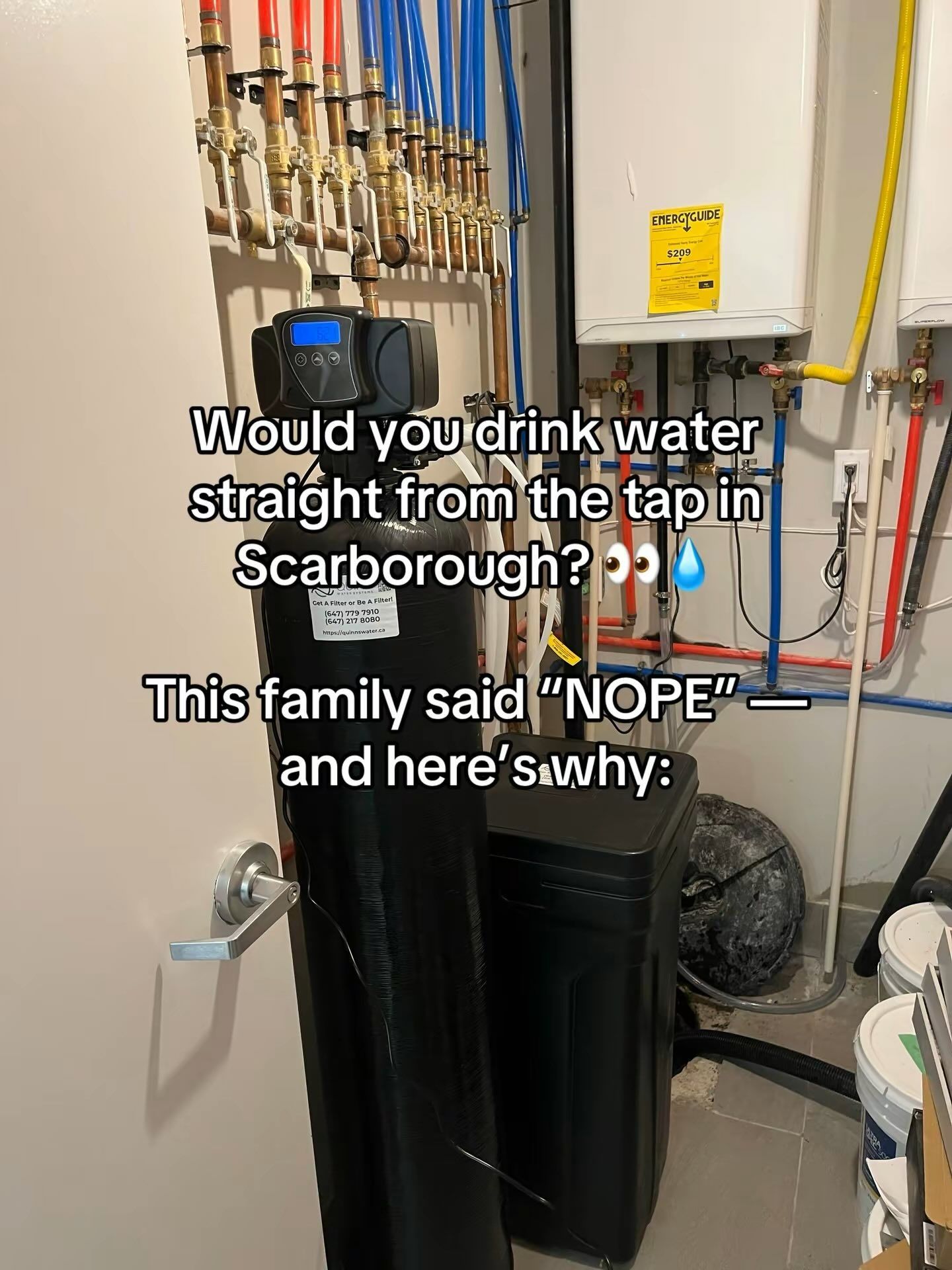
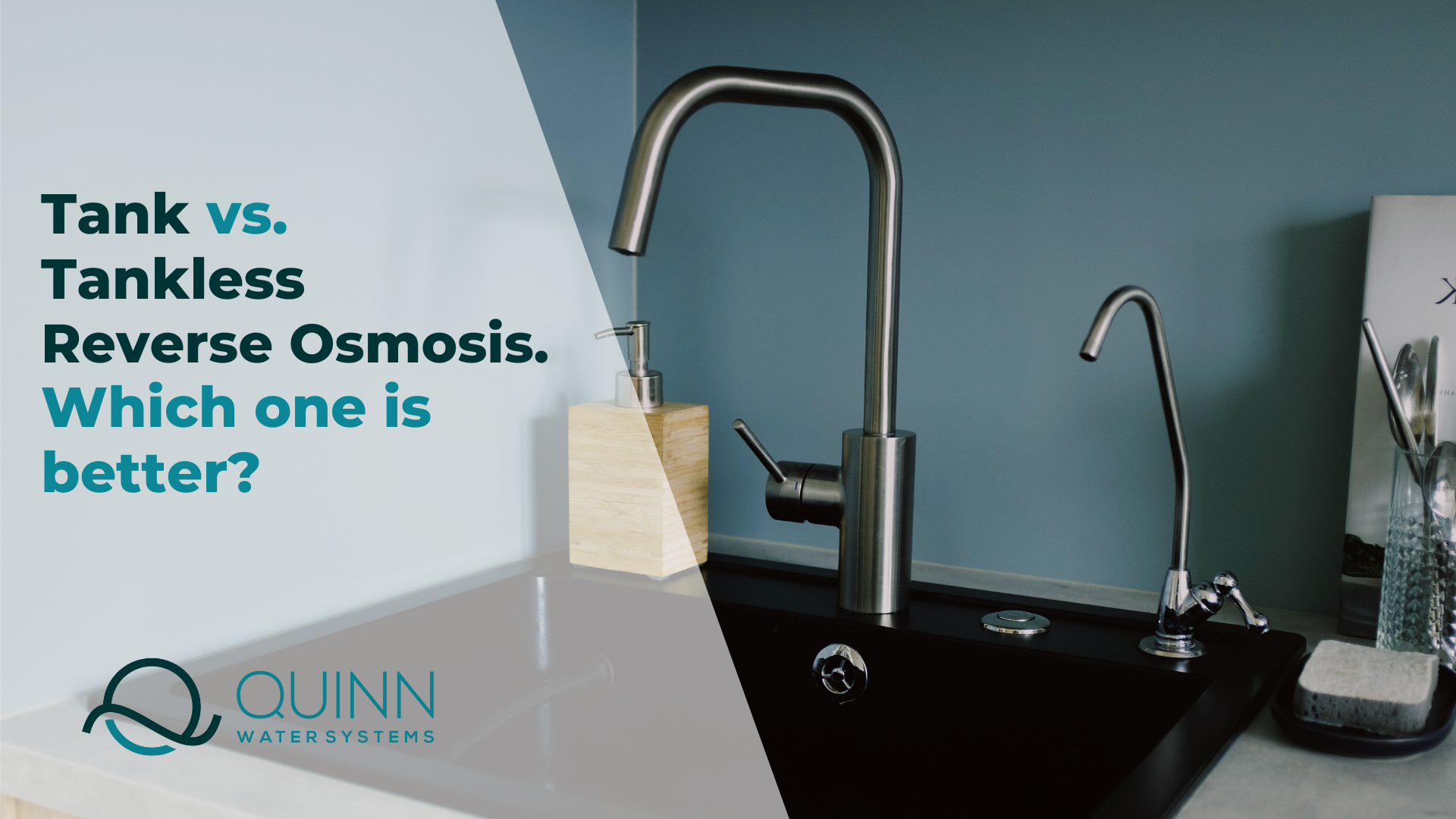
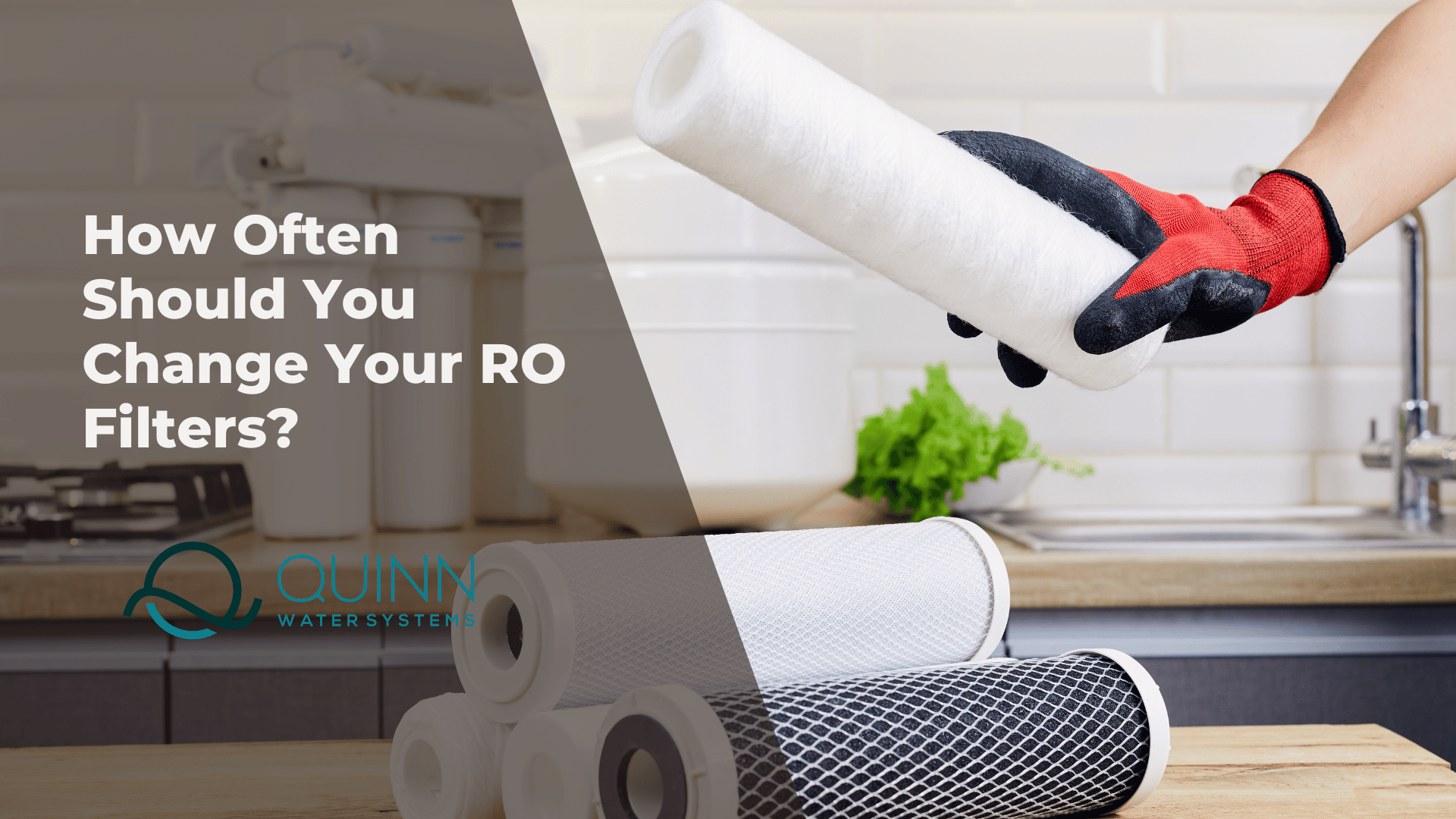
Share this blog
Blog Posts
